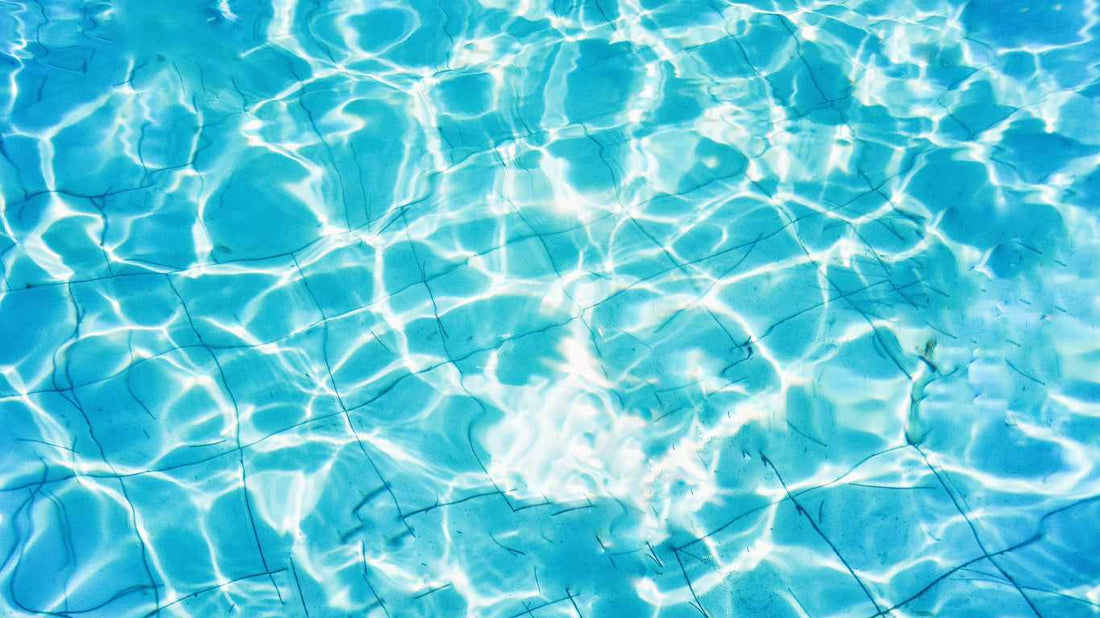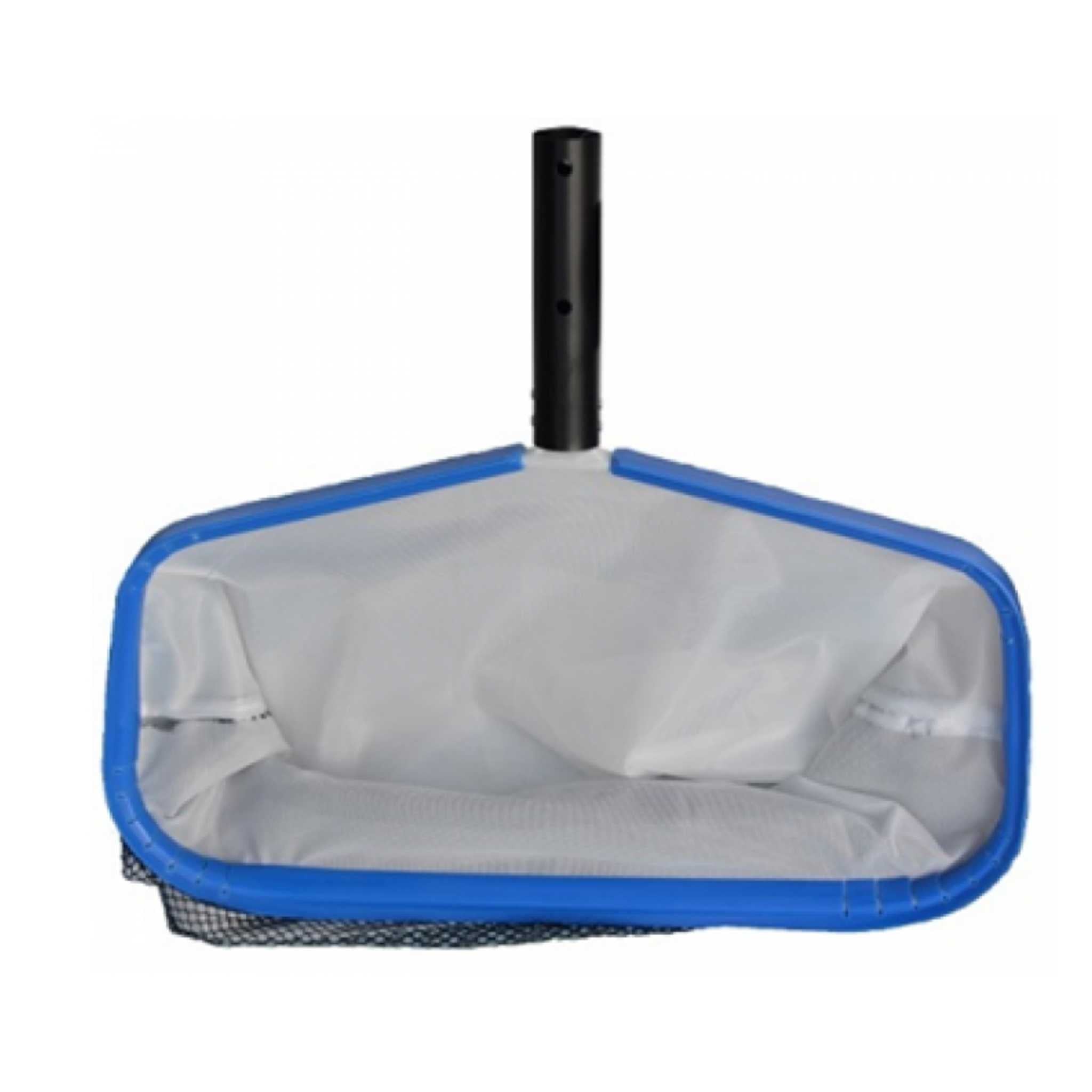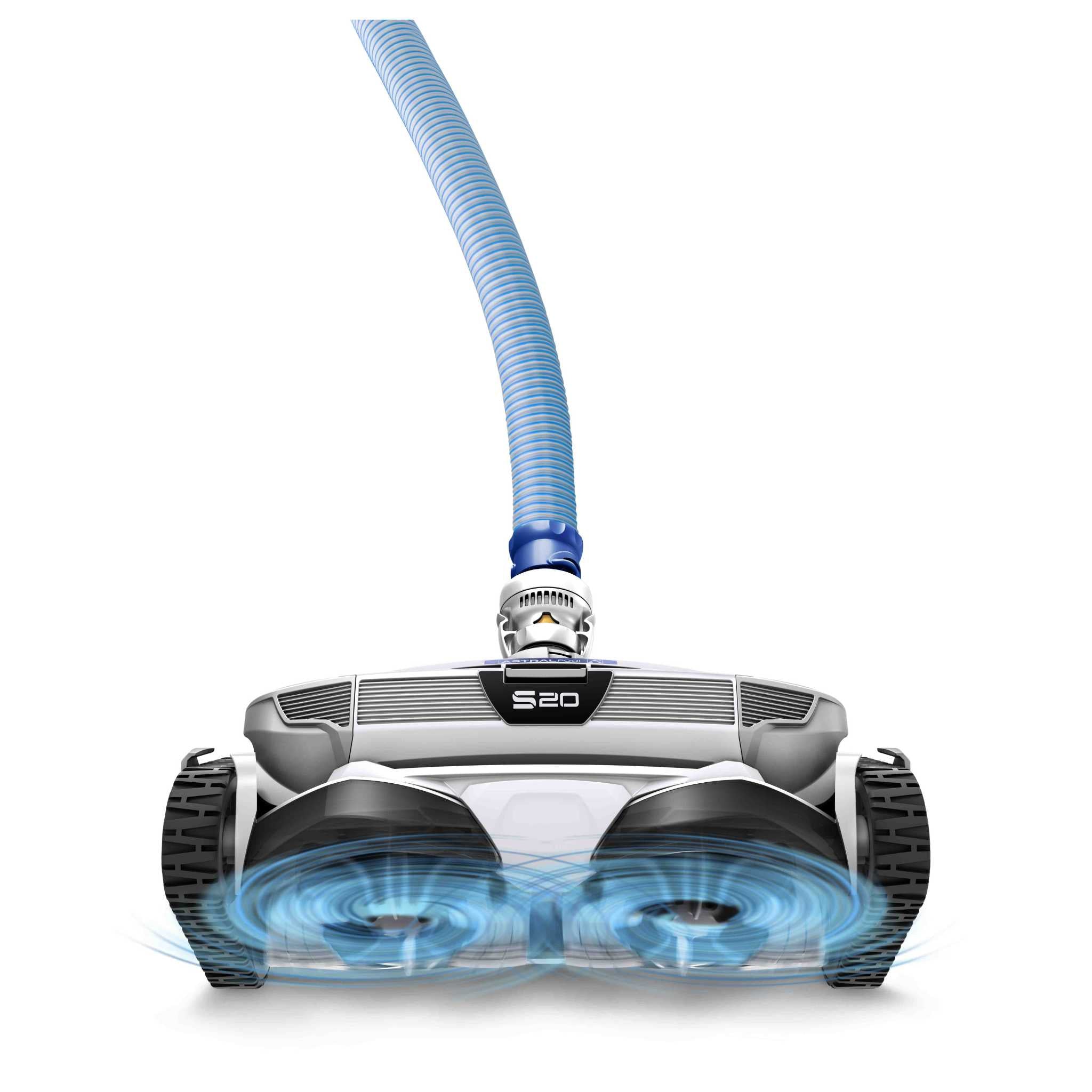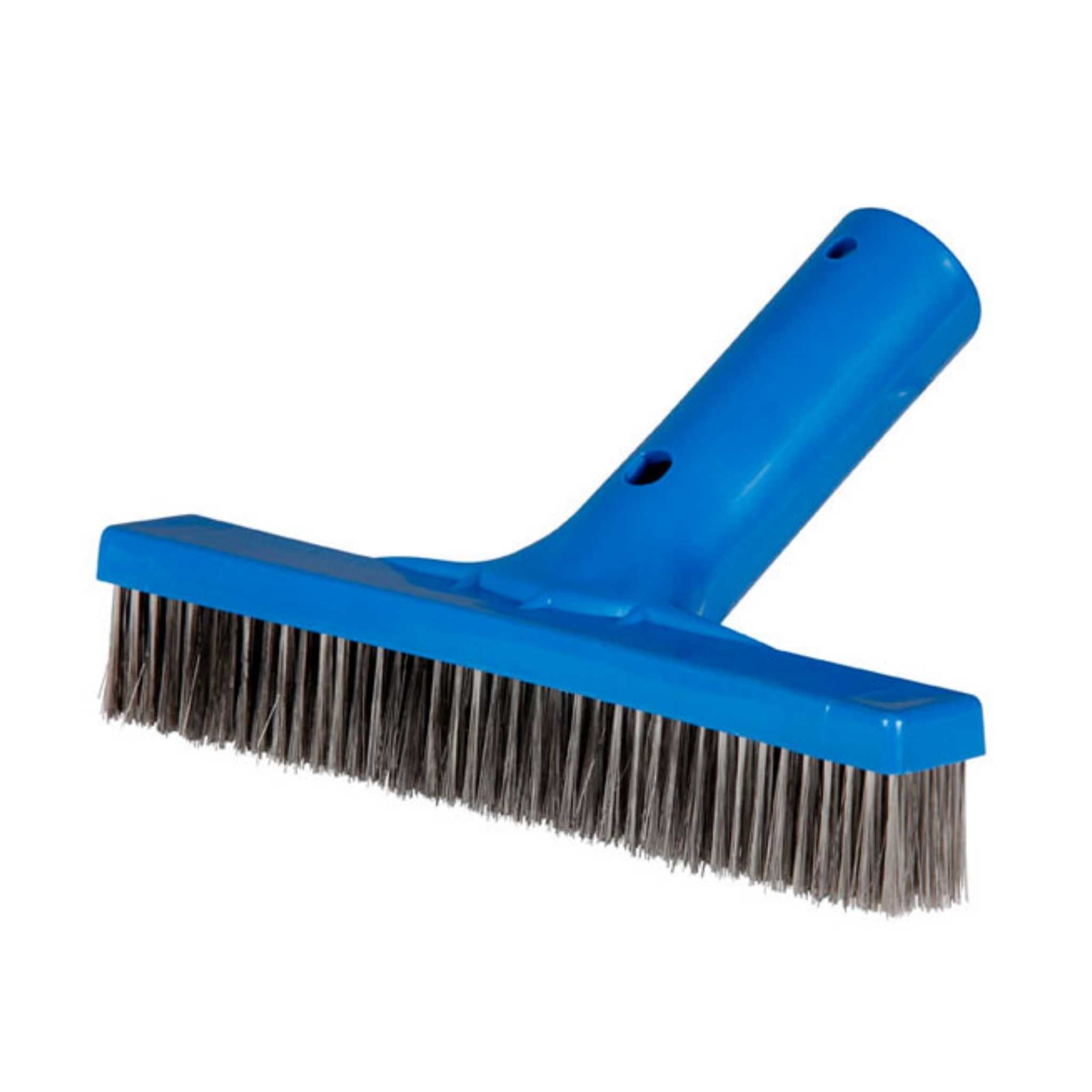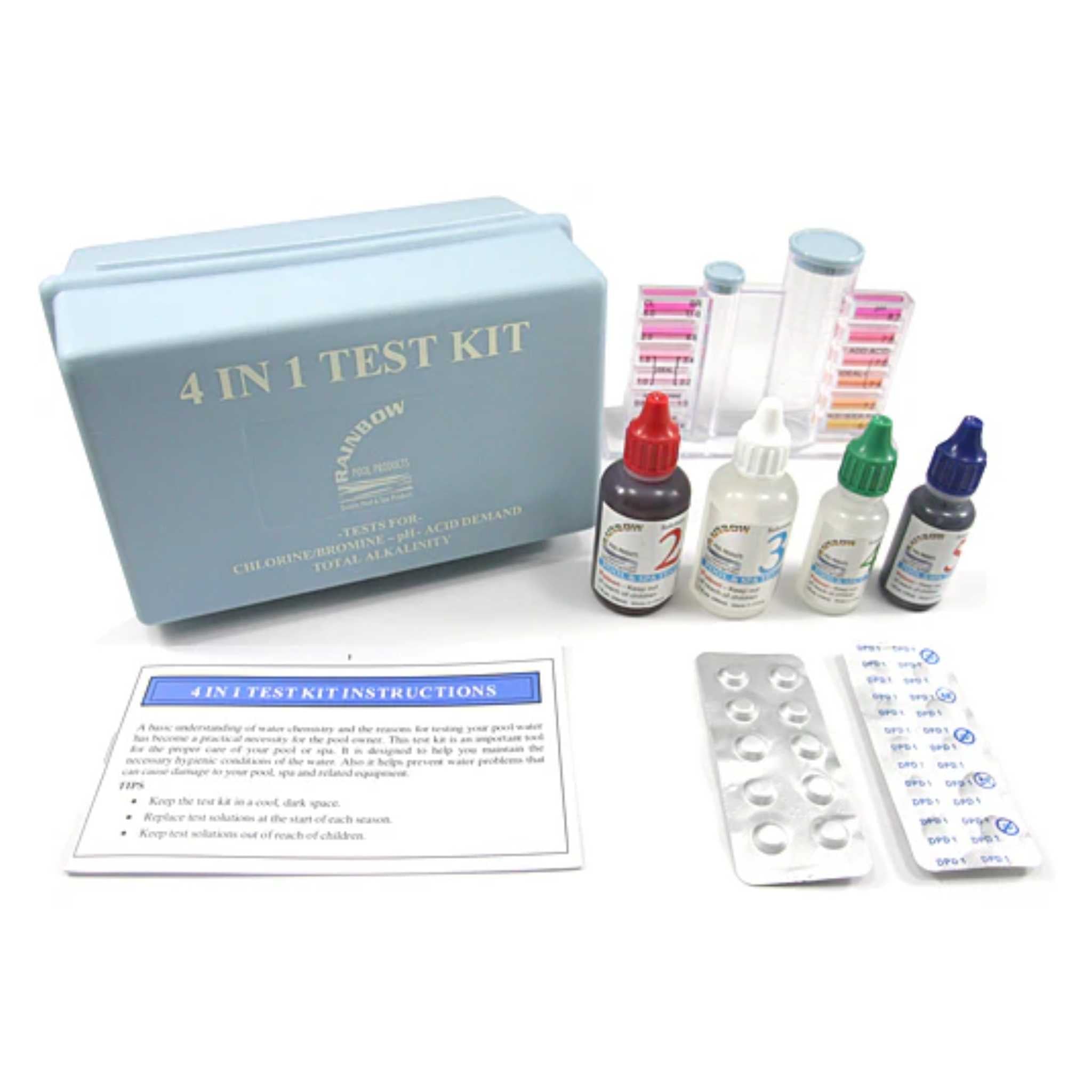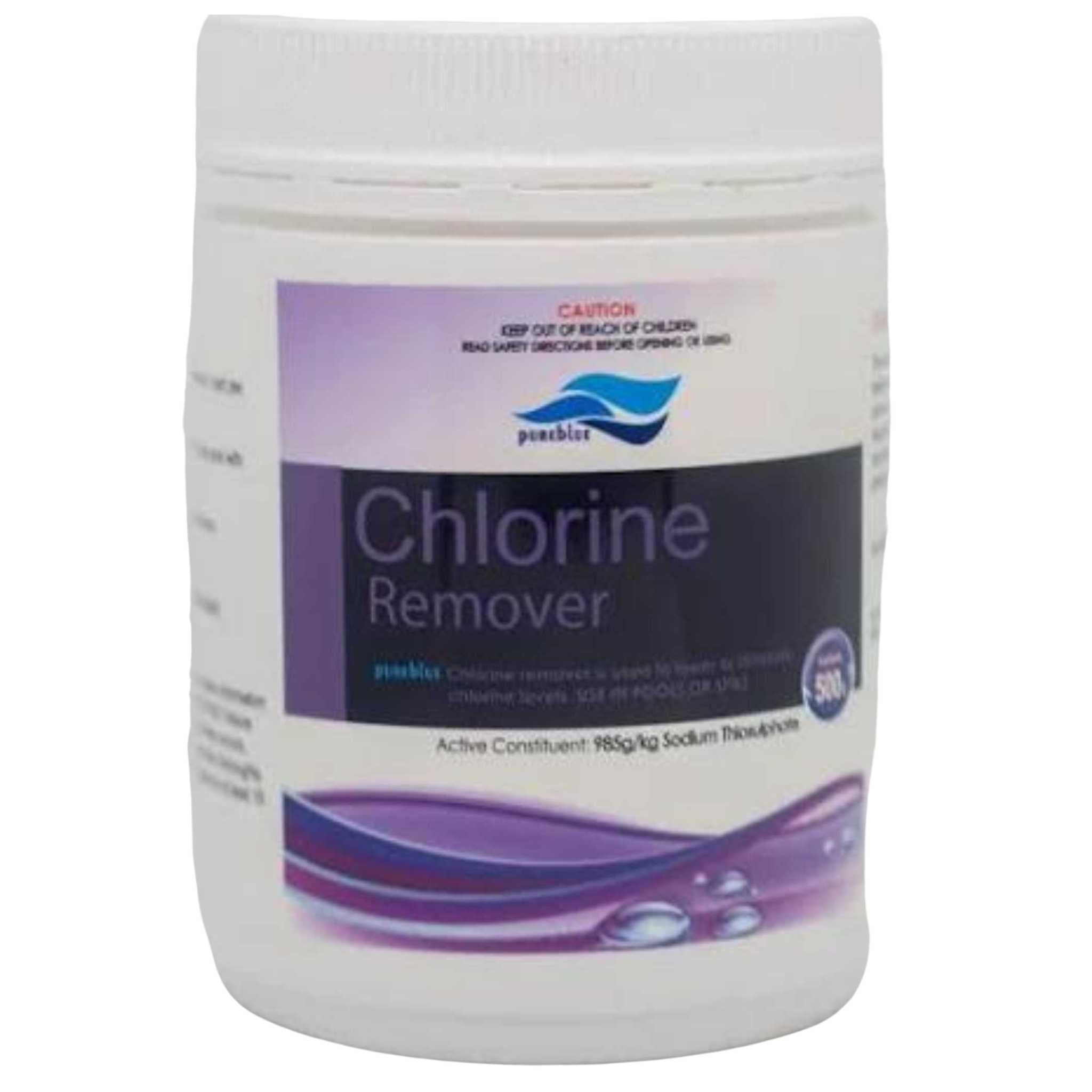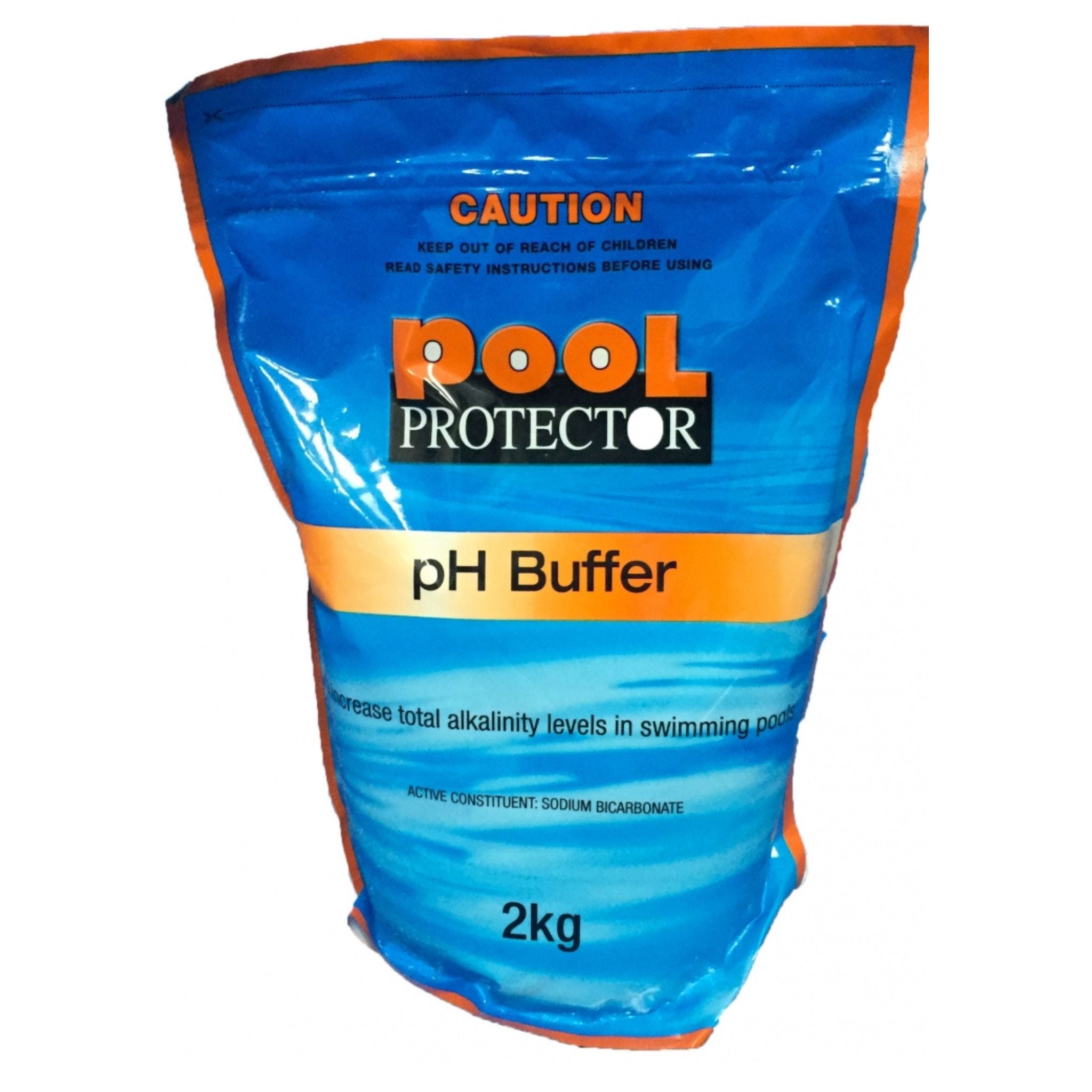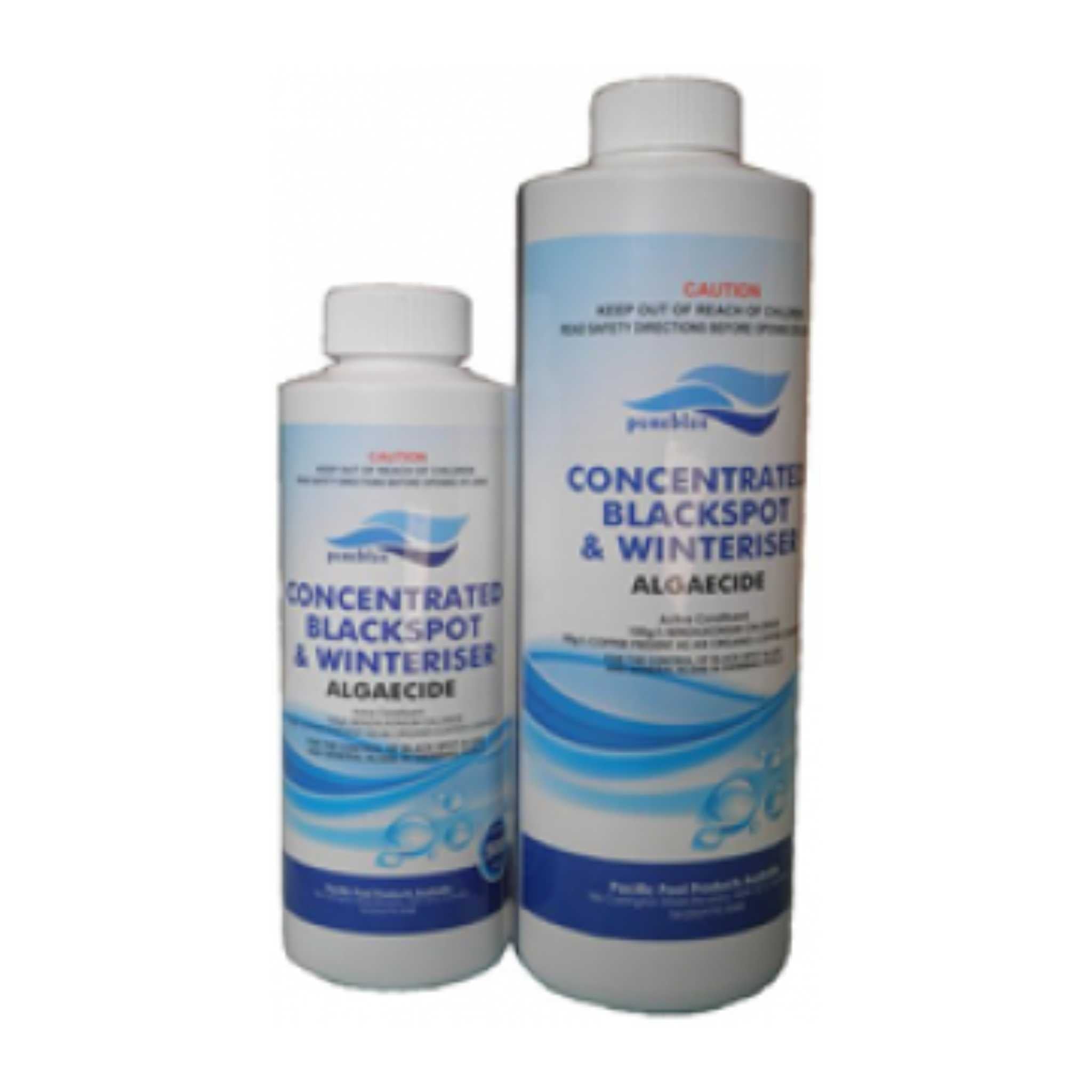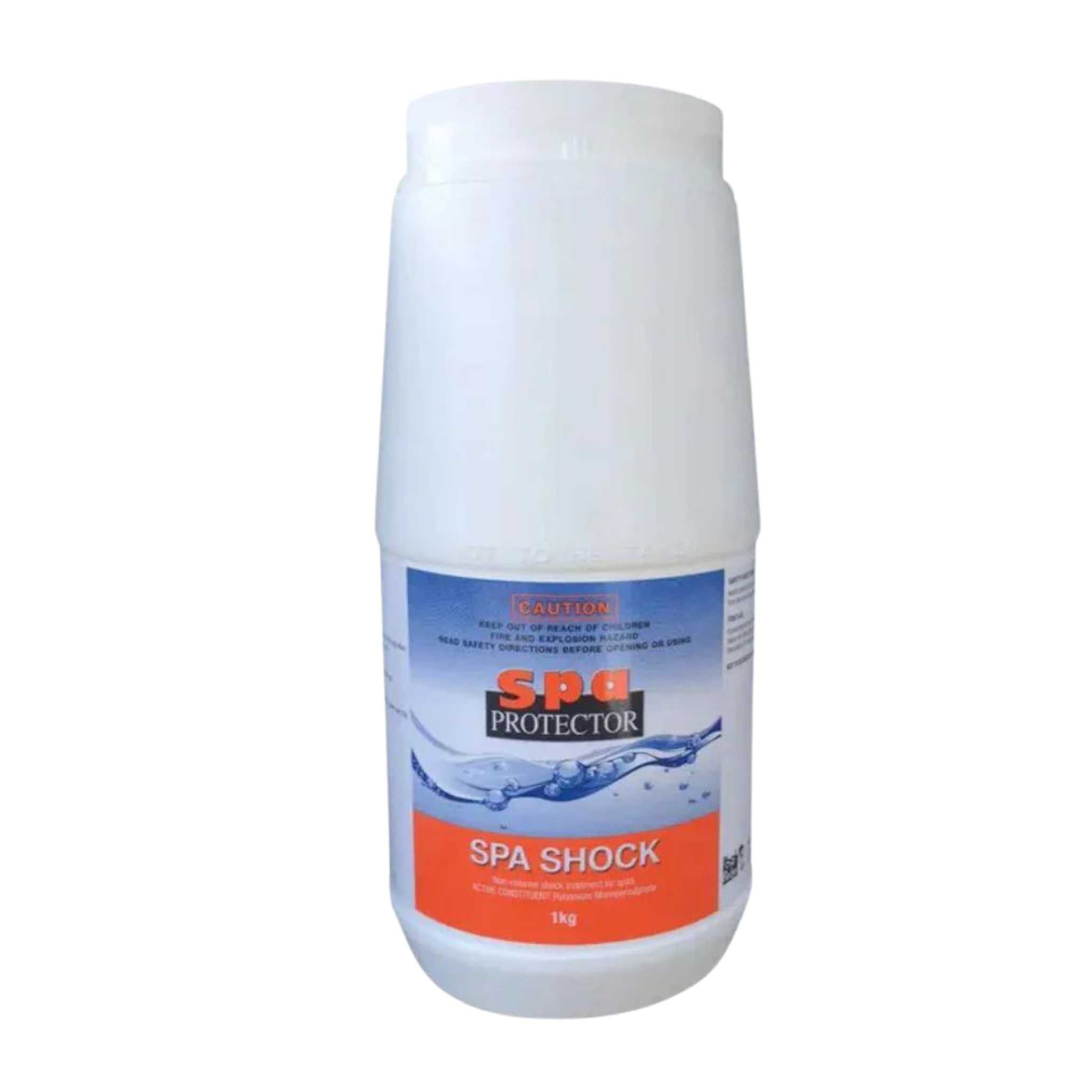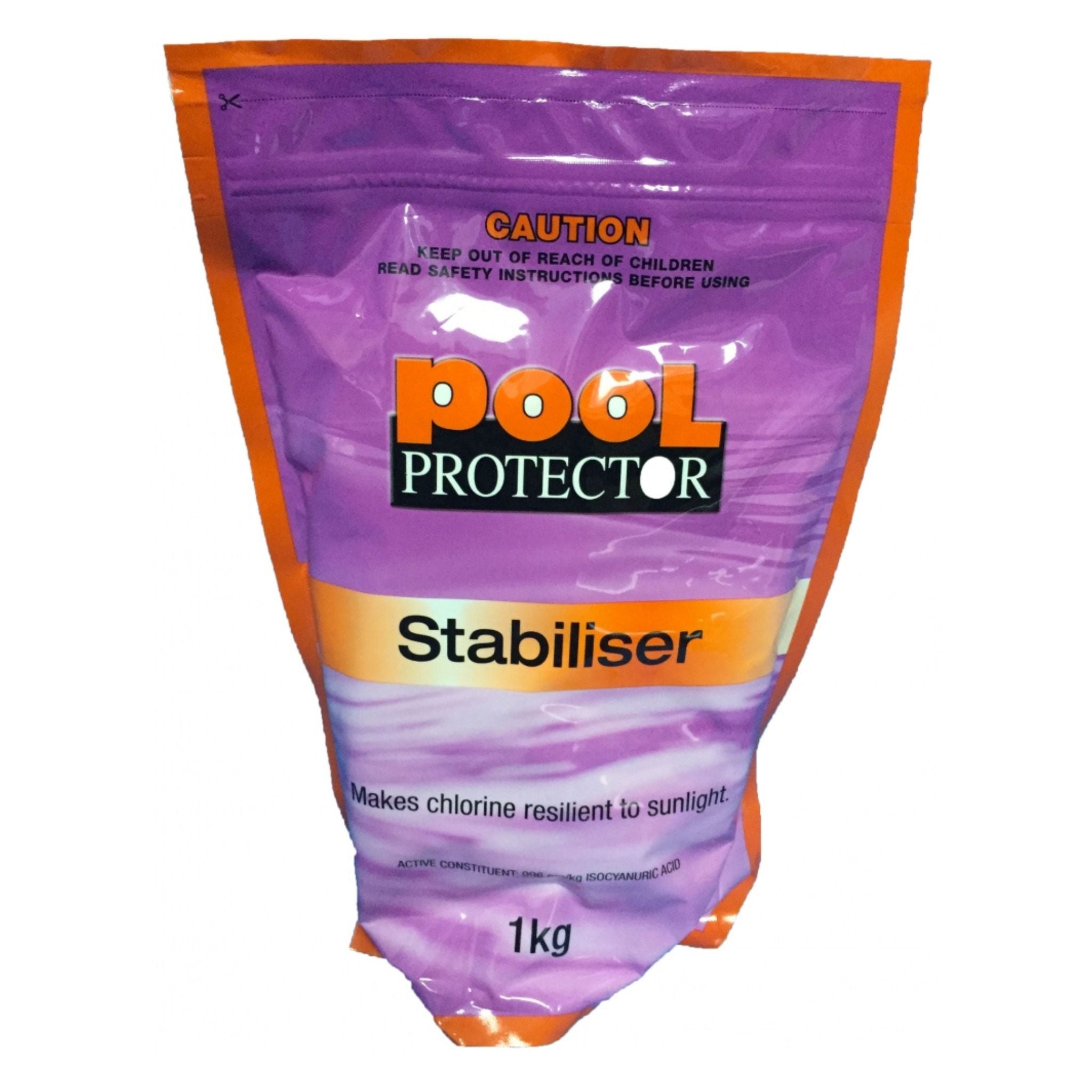As the sun heats up and pool season begins, it's time to ensure your pool is in top condition for endless summer fun. Proper pool maintenance not only keeps your water looking clear and inviting but also ensures a safe swimming environment for everyone. Whether you're a new pool owner or a seasoned pro, following these essential tips for pool care will help you maintain a healthy and sparkling pool all season long.
1. Clean Your Pool Regularly
A clean pool is the foundation of good pool maintenance. Debris like leaves, dirt, and insects can quickly accumulate on the water’s surface, making your pool look less than inviting. Here’s how you can keep it sparkling clean:
- Skimming: Use a pool skimmer daily to remove leaves, bugs, and other debris from the surface.
- Brushing: Brush the walls and floor of your pool weekly to prevent algae buildup and staining.
- Vacuuming: Use a pool vacuum to clean the bottom of the pool and hard-to-reach areas at least once a week, depending on how much debris collects in your pool.

